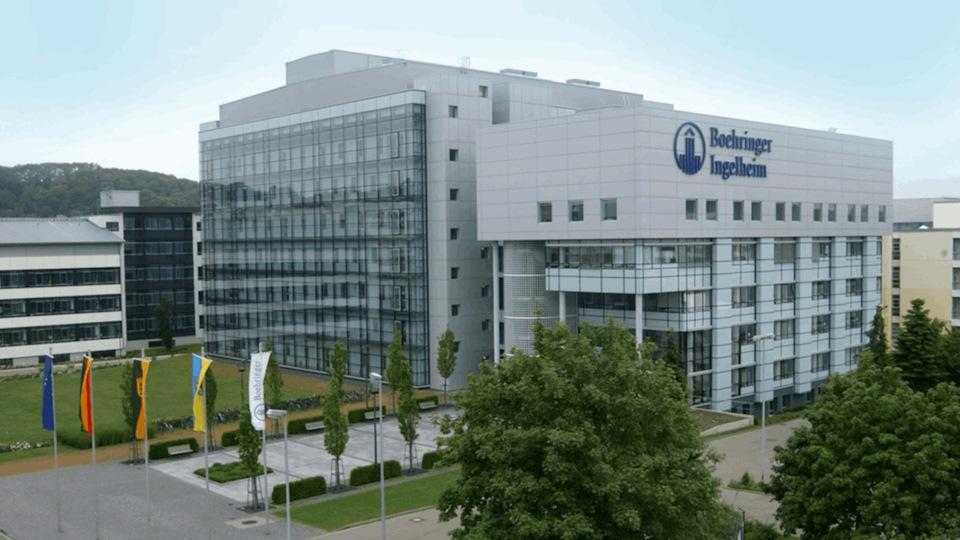Summit climbs on rumour of $15bn AstraZeneca interest

Shares in Summit Therapeutics have risen sharply on a report that AstraZeneca is in discussions for a partnership focused on PD-1xVEGF bispecific ivonescimab that is estimated to be worth as much as $15 billion.
The report, published in Bloomberg, suggests that AZ is looking at making a multibillion-dollar upfront payment to get rights to ivonescimab, even though phase 3 clinical data with the drug – including the HARMONI study reported a few weeks ago – has been viewed as something of a disappointment by investors.
According to the newswire, citing people familiar with the matter who wish to remain anonymous, Summit has also been in talks with other pharma groups about licensing the asset and there is no guarantee that AZ will follow through with an offer.
In the past, ivonescimab has been held up as a 'Keytruda killer,' promising an advance in efficacy over MSD's PD-1 inhibitor, which contributed $29.5 billion of the company's $64.2 billion global sales last year.
Summit licensed rights to ivonescimab from Chinese biotech Akeso in a $5 billion deal – including $500 million upfront – in 2022, so it would be in for a massive return on its investment if the rumours of a deal are true.
In an earlier Chinese study (HARMONI-2) reported in 2024, ivonescimab beat Keytruda (pembrolizumab) at extending progression-free survival (PFS) in first-line non-small cell lung cancer (NSCLC), an indication that accounts for a big chunk of its sales, but could not show a significant boost in overall survival (OS).
The drug has already been approved in China for EGFR-positive NSCLC that has progressed after treatment with an EGFR inhibitor based on the HAMONI-A trial, also in a Chinese population, which has a similar design to HARMONI.
In the latter study, ivonescimab in combination with chemotherapy reduced the risk of disease progression or death by 48% compared to chemo alone, but once again a 21% improvement in OS did not meet the threshold for statistical significance.
While the hypothetical efficacy gain from combining PD-1/PD-L1 and VEGF inhibition in one drug molecule hasn't yet been demonstrated clearly in the clinic, that has not stopped a string of big-ticket deals for assets in this category.
In May, Pfizer signed a $6 billion deal for rights to 3SBio's PD-1xVEGF drug SSGJ-707, $1.3 billion of that total upfront, while MSD entered into a near-$3.3 billion deal last year to get rights to LaNova Medicines' LM-299, an anti-VEGF antibody joined to the functional parts of a pair of anti-PD-1 antibodies in early clinical development.
BioNTech, meanwhile, firmed up an earlier partnership with Biotheus on PD-L1xVEGF bispecific BNT327 by acquiring the company outright for up to $950 million, then flipped the drug last month to Bristol Myers Squibb for $1.5 billion upfront, another $2 billion in "anniversary payments" through to 2027, and up to $7.6 billion in additional development, regulatory, and commercial milestones.












